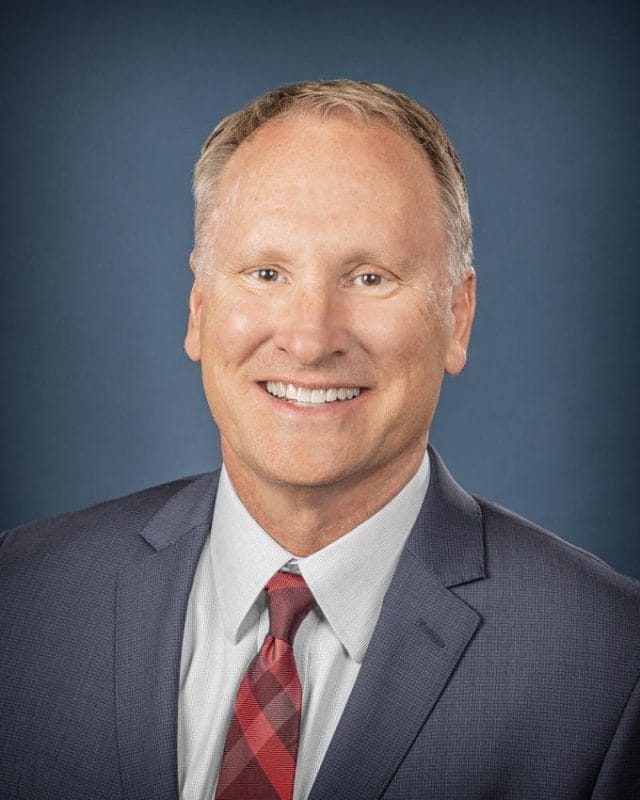Dr. Elliott Trotter, CEO and founder of ScribeNest, is a visionary entrepreneur and innovative emergency physician with over 30 years of experience in improving patient care. He is determined to “Pay it forward,” not only with his mentorships within ScribeNest but with his commitment to educating and nurturing the next generation of healthcare professionals. For this American Heart Month, Dr. Trotter is equipping Scribes with essential life-saving knowledge, providing CPR training and enabling them to make a meaningful impact during life or death situations.
Dr. Trotter is now extending these efforts into the wider community, paying it forward on a larger scale by educating the public about CPR emergency preparedness. By promoting CPR training and heart health awareness, he is hoping people will be prepared to act decisively during emergencies.
CPR training involves more than simply learning a technique; it instills confidence and readiness to act in medical emergencies. With over 34 years experience providing life-saving care at one of the nation’s busiest emergency centers, Dr. Trotter offers insights into overcoming barriers associated with acting in critical situations, such as the bystander effect, allowing people to offer emergency aid with confidence. These insights include:
- Practice and Certification: Get CPR certified and familiarize yourself with Automatic Electronic Defibrillators (AED’s). As needed, recertify to enhance and update your skills.
- Understand the Bystander Effect: A psychological phenomenon where people are less likely to offer assistance in an emergency situation when others are present. By recognizing this phenomenon, you can overcome hesitation and take prompt action when someone requires CPR.
- Stay Informed: Educate yourself on the signs and symptoms of heart attacks so you can recognize and respond promptly during cardiac emergencies. This knowledge provides the confidence to identify the situation and respond appropriately.
- Master Deep Breathing Techniques: It’s natural to feel stressed or anxious in such a situation, but remember that your actions can make a significant difference in saving someone’s life. Deep breathing helps you stay connected and centered, and thereby to effectively manage your stress.
- How to Communicate Effectively in an Emergency: Providing clear and accurate information to emergency responders is crucial for them to effectively continue the care
of the individual experiencing the heart attack. Briefly describe what happened leading up to the person’s collapse, including any symptoms they exhibited and the timing of events. If you have any information about the person’s medical history, such as existing heart conditions, allergies, or medications they take, share this with the responders.
- The Need for Debriefing: After administering CPR, whether successful or not, seek support and debrief with others. Recognize the potential trauma of the experience and allow others to provide assistance, mirroring the support you offered during the emergency.
- You Can Only Make It Better!: Remember any attempt at CPR is better than no attempt at all. Don’t be afraid to step in and take action – your efforts could save a life.
- Encourage Medical ID Setup on Smartphones: Advise your loved ones to set up their Medical ID in the Health app on their smartphones. This feature allows first responders to access critical medical information from the Lock Screen without needing a passcode. Information such as allergies, medical conditions, medications, and emergency contacts can be vital for responders to provide appropriate care in an emergency situation. Remind them that this simple step can provide life-saving information when every second counts.
By paying it forward, Dr. Trotter has made a lifelong commitment to making a positive difference in the communities he serves. By acknowledging the contributions of those who came before us and passing on knowledge and skills to the next generation, we honor their legacy. During American Heart Month, he encourages all healthcare providers to shine as “GEMs”: Committed to Gratitude, Educate, and Mentor everyday to make a meaningful difference in the lives of their patients and communities, ensuring a legacy of compassionate care for generations to come.
Editor’s Note: Dr. Elliott Trotter, CEO and founder of ScribeNest. ScribeNest is a local, doctor-operated company with a particular focus on taking care of scribes. They provide an essential medical service while helping you one day be a better doctor, nurse, or PA through our training and mentoring.
